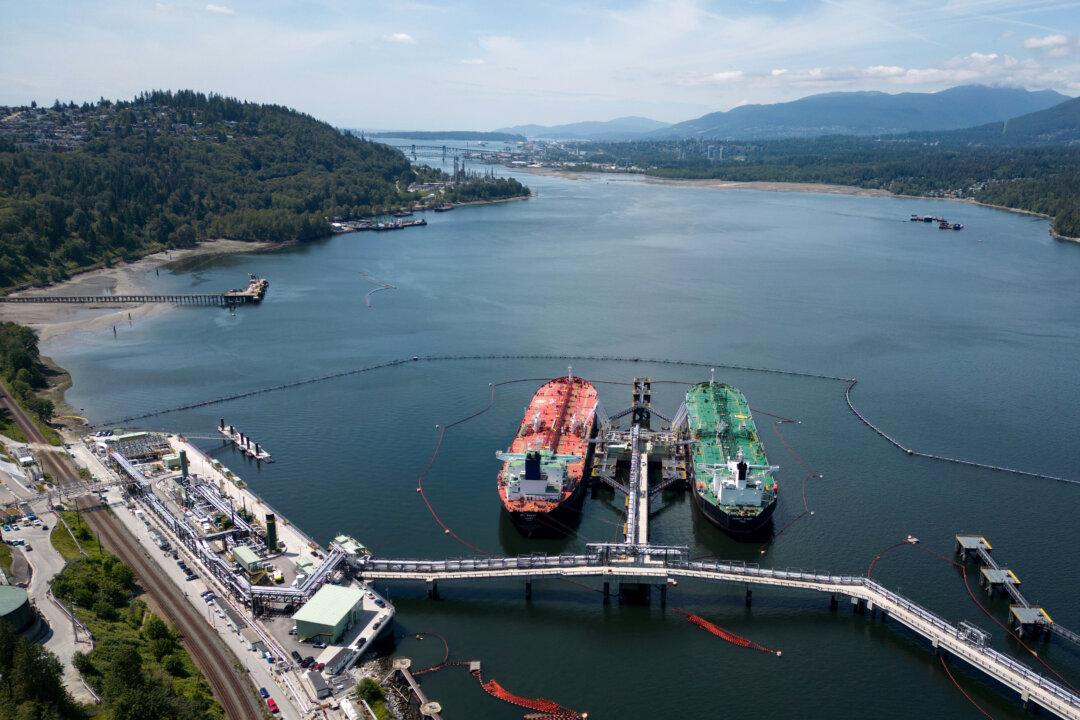Commentary
It now appears likely that Canada and the United States are having a so-called soft landing and will avoid a recession, and that the worst of inflation is over and is coming down to manageable proportions.

It now appears likely that Canada and the United States are having a so-called soft landing and will avoid a recession, and that the worst of inflation is over and is coming down to manageable proportions.